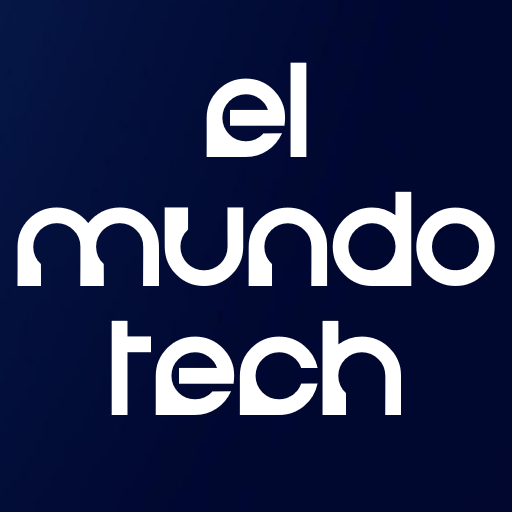Conquer and Reign: Why Did Facebook Acquire WhatsApp?
By Roberto Ricossa, VP of Marketing at Avaya Americas | Follow him on Twitter, LinkedIn and Google+
In a bold move of brand positioning, this past Wednesday Facebook delivered some of the biggest news of the year. With the acquisition of WhatsApp, Mark Zuckerberg is directing his company down the road of expansion and productive assimilation. Buying WhatsApp for $19 billion isn’t just about the most onerous acquisition of the social network thus far, it’s about the fusion of two social media giants.
The mobile circuit as an expansion opportunity
The announcement of WhatsApp’s acquisition can be seen in the light of two variables. On one hand, after celebrating its 10th anniversary, Facebook is looking to further increase its popularity, update itself and expand its domain to new markets. A few years ago, Zuckerberg realized that in order to expand his power and last within the technological market – characterized by its ever-changing innovations – he needed to implement an expansionist strategy. This is something that is easily recognizable within the well-known capacities of Facebook’s CEO of understanding, and foreshadowed the changes ahead. Consequently, the Silicon Valley-based social network began spreading its power, acquiring rival companies as well as startups and platforms like Instagram, which it bought for $1 billion in April, 2012. The goal? To strengthen its own applications and expand to other areas of social communications. That was the case with platforms like Branch and Potluck, for example.
On the other hand, the WhatsApp acquisition can also be viewed alongside the sale of Viber (one of its direct competitors) for $900 million to the online sales company Rakuten, who is also a part owner of Pinterest and Kobo, an e-book store. In other words, it’s all about companies who bet on diversity.
Like Hiroshi Mikatami, Rakuten’s CEO, confirmed last week, instant messaging is the ideal doorstep into other services. This is something that Facebook is very aware of, looking forward and seeking more expansion opportunities for the company, keeping in mind that WhatsApp is on the verge of connecting 1 billion people. It’s an extremely valuable resource, no matter which way you look at it.
World Presence
Why did Rakuten pay $900 million for Viber while Facebook spent a whopping $19 billion dollars for WhatsApp? It’s simple: the difference between the two companies is drastic. WhatsApp is the world leader in instant messaging with 450 million registered users, with the intention of doubling that number by the end of 2014. But it doesn’t end here. With its acquisition, Facebook has duly noted not only WhatsApp’s global range, but its presence in the cultural collective imagination of our time – to the point where the Spanish verb “wasapear” (the act of exchanging messages through Whatsapp) already figures in Spanish-American dictionaries.
The Instant Messaging Revolution
In an era marked by ferocious competition between technological companies, it’s necessary to put the acquisition of WhatsApp in perspective: other giants like Google, Microsoft or Apple haven’t had the expected success when it comes to the expansion of instant messaging platforms in mobile devices. Every day it becomes clearer that the market of mobile devices and applications has revolutionized the instant messaging concept, affecting the relevance of telephone companies’ services.
In addition, according to an investigation prompted by Jana Mobile, WhatsApp is more popular than Facebook – and subsequently more popular than its other rivals – on the instant messaging circuit in emerging markets like Mexico, Brazil and South Africa, representing a solid bet in terms of territorial expansion.
The Keys to the Future
If WhatsApp was competing with Facebook on a popularity index in the mobile phone universe, that has now been left behind. WhatsApp now symbolizes one of Facebook’s priorities: the opportunity to confidently embark into the instant messaging sphere. What will happen with WhatsApp? Will it be independent, like Instagram? Will there be publicity? Nobody knows for sure. In the meantime, nothing is going to change. But it represents a call to arms in a battle against the biggest names in the instant messaging industry. It’s a battle that seems to be essential in a market defined by innovation and constant change.
Roberto Ricossa’s photo and bio: here
About Avaya:
Avaya is a global communications and entrepreneurial solutions provider that offers unified communication, contact centers, data networks and related services to companies of all sizes from around the world. For more information visit www.avaya.com.






 Noticias NewsWire
Noticias NewsWire 

